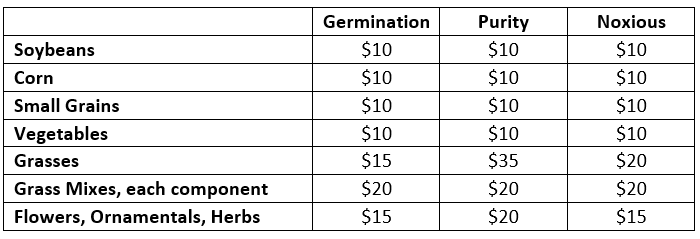DOVER, Del. (December 13, 2023) – The Delaware Association for Environmental Education (DAEE) is holding its 15th Annual Conference with a focus on “Nature Access for All!” on February 24, 2024, at Fred Fifer III Middle School in Camden. The keynote speaker will be Dr. McKay Jenkins, noted author and University of Delaware professor.
Todd Klawinski, DAEE Chairman of the Board, states, “DAEE’s mission is to promote environmental education and meaningful outdoor experiences to create positive community impacts that lead to the conservation and sustainability of Delaware’s natural resources. The Annual Conference, now in its 15th year, highlights the innovative work of Delaware’s diverse Network of statewide partners committed to collaboratively increasing environmental literacy for ALL Delawareans. Our conference brings together classroom teachers, environmental educators, resource professionals, and community partners for a day of networking and unique learning experiences aimed at increasing equitable access to the knowledge, skills, and dispositions critical for communities to be well-prepared to address current and future environmental challenges.”
The conference is an opportunity for formal and non-formal educators to join community leaders and advocates to help Delaware’s diverse communities increase environmental literacy. The event features networking, professional learning, hands-on experiences, and community education for both adults and youth. It also highlights environmental education opportunities, initiatives, resources, best practices, and local issues to help foster impactful environmental stewardship.
Call for Presentations
DAEE invites professionals, thought leaders and experts in education or environmental issues to submit presentation proposals on innovative topics, best practices, and emerging trends. Successful presenters will be able to showcase their expertise and contribute to the knowledge exchange at this year’s workshop.
Delaware Forest Service’s Trainer-Educator Ashley Melvin, who is also the DAEE Conference planning committee chair, remarked, “The Delaware Forest Service has been a strong partner with the DAEE for 15 years because we recognize the impact that DAEE has on environmental education through highlighting the success stories of educators throughout Delaware. It is always exciting to see how conference participants implement what they learn in their programs.”
Proposals should include a brief abstract, speaker bio, and contact information, and should address one of the following conference subjects:
- Connecting People with Nature
2. Engaging Professionals in Environmental Education
3. Cultivating Environmental Leaders
4. Innovative and Inclusive environmental education
Interested speakers can submit proposals by December 29 at: https://bit.ly/daee2024
“Awards of Excellence” Nominations
DAEE is proud to announce the opening of nominations for its 2023 “Awards for Excellence,” which aim to recognize outstanding achievements, innovation, and leadership in environmental education in Delaware. This recognition was established in 2017 by the Delaware Communities in Nature in partnership with DAEE. The selection committee is encouraging individuals and organizations to nominate themselves for worthwhile activities and projects for the calendar year 2023.
Award Categories
• Exemplary Partnership: This award is presented to a group working in Delaware that demonstrates an outstanding partnership in the environmental field that serves as a model and inspiration to others.
- Meaningful Impact: This award recognizes accomplishments toward facilitating positive community impacts on conservation, sustainability, and/or career advancement in the environmental field in Delaware.
- Healthy Innovation: This award recognizes new approaches to connecting children, individuals, and/or families with the outdoors and healthy lifestyles in Delaware.
- Outstanding Field Educator: This award is presented to an individual and/or organization working in Delaware who demonstrates outstanding local, regional, and/or global environmental education efforts.
Award Nomination Process
Nominations must be submitted online by January 5 at https://bit.ly/daee2023awards
Applicants need to provide up to three photographs of the project, work, or of the nominee relating to the work for which they are nominated. Additional materials can be submitted to DAEEonline@gmail.com with the words DAEE Award in the subject line. Please note all submitted materials, nomination text/details, photographs and supporting documents may be shared at the annual DAEE conference, on the DAEE website, virtual conferencing platforms, and on social media platforms hosted by DAEE and CIN. By submitting the form and emailing supporting documents, you agree that DAEE can use these materials in the manner listed above for this year and in the future.
Nominations/Submissions will be reviewed by a committee of DAEE’s Board of Directors. The committee will review applications and select award winners for each category. Nominees may be considered for multiple categories, including categories they may have not been nominated for; however, they will only be eligible to receive one award. Winners will be notified by email and recognized at the Annual Conference. Individual award winners will receive one free ticket to the annual conference. Organization or group winners will receive two free tickets.
For any questions and more information, please visit daeeonline.org, or contact Ashley Melvin at 302-698-4551 or Ashley.Melvin@delaware.gov.
